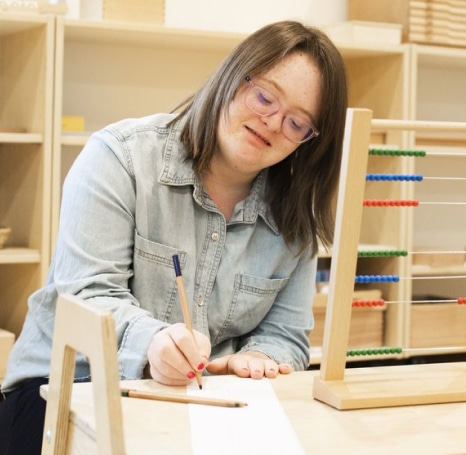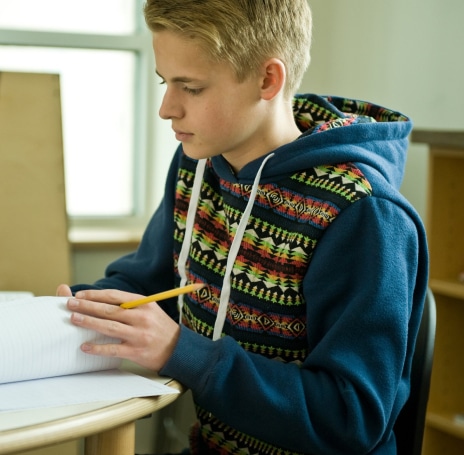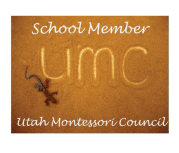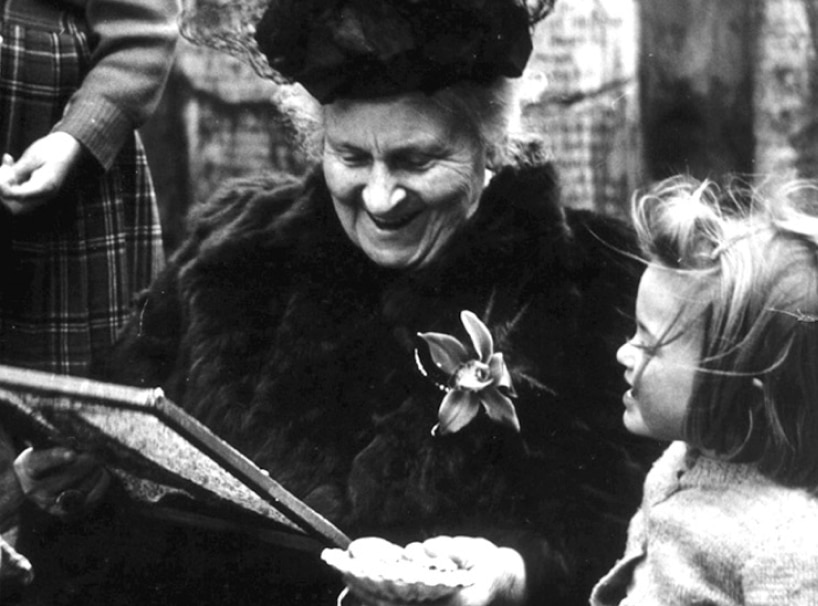

Montessori
Education

Stronger Together
Montessori classrooms are actually classroom communities, mini-societies made up of children of multiple age-groups in 3-year cycles who model their elder peers in their first year and lead their younger peers in their last year. The Montessori classroom is therefore a microcosm of our larger societal community, where children learn to get along together in their diverse ages and abilities, growing to their fullest potential.
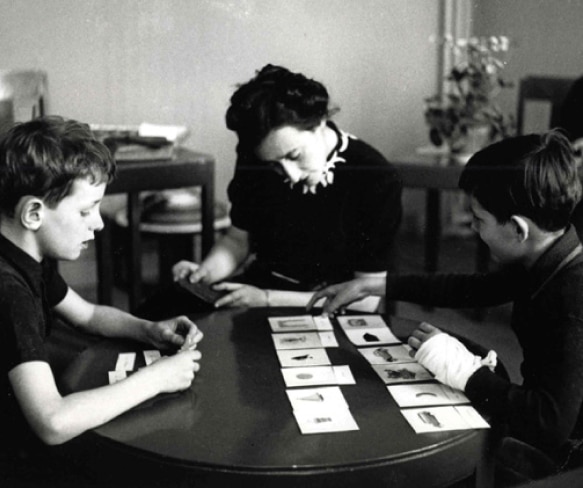
What is Montessori Education?
Maria Montessori was the first female doctor in Italy. Through careful observation of children, and adhering to the scientifically proven planes of childhood development, she established the Montessori Method and philosophy more than 100 years ago. The Montessori approach offers children intentionally prepared environments that are full of beauty and order. Materials in the classroom are appealing and designed to meet the developmental needs of each child. Montessori-trained teachers act as “guides,” allowing children freedom of movement and choice within the limits of their ability and understanding, nurturing and stretching them at the same time.
Montessori environments are beautiful, full of natural light, creating a sense of wonder with wooden beads and blocks, books of all kinds, and flowers in glass vases. Montessori classrooms are alive with movement and musical sound. Students move about the classroom to choose their “works” off the shelves, to discuss a project with a classmate, and to put things away before choosing another work. Montessori students are busy. Animated conversation and silent observation work together in the same space, imbuing a learning atmosphere of pure joy..
Embracing the Montessori Method
We embrace the ideal of true inclusion at Elizabeth Academy, warmly welcoming children of all abilities into our classrooms. The Montessori Method is a natural choice for curriculum. A sense of belonging resonates as learning becomes a collaborative effort. The method is scientifically proven to reach children at their developmental levels and, while some added structures are needed for full educational inclusion, the Montessori philosophy of human potential is transcendent. It lifts, it loves, it inspires everyone in the learning community.
Benefits

LOVE OF LEARNING
Given the freedom to question, probe deeply, and make connections, students become confident, enthusiastic, self-directed learners.
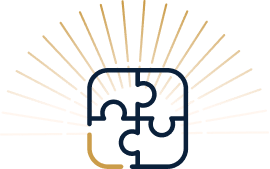
FOUNDATION FOR ACADEMIC ACHIEVEMENT
Students learn from their mistakes and solve problems. They learn to think critically.

INDEPENDENCE & INTERDEPENDENCE
Students develop self-control and concentration. They learn to be empathetic, work collaboratively, and act boldly.

EXPERIMENTAL LEARNING
Hands-on experiences help students to understand, integrate, and retain information.
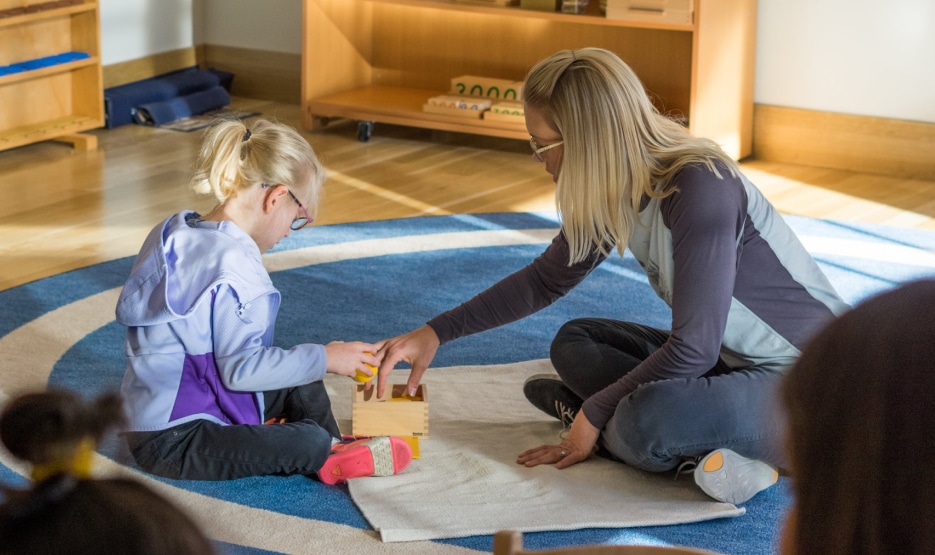
Early Education
Montessori curriculum fosters curiosity, self-confidence, respect for self and others, and independence. The “I can do it myself” of early childhood is supported by giving them guidance and encouragement to accomplish tasks on their own. Hands-on learning and discovery give a great sense of mastery and satisfaction. This builds self-esteem. Children develop speech and language, practical life, and fine and gross motor skills. They learn social skills and how to apply them in interactions with others.
Elementary
Curriculum feeds and satisfies the immense appetite for knowledge of elementary students and stimulates their intellectual curiosity. Students are active learning participants and the adapted curriculum meets the needs, abilities, and interests of every individual. Social development, interest-driven exploration, and deep learning occur in multi-age classrooms as older children and deep learning occurs in multi-age classrooms as older children model and mentor younger students in rich, collaborative learning experiences. Lessons are presented to small groups in language, mathematics, geometry, zoology, botany, history, and geography, and enrichments and electives involving physical education, dance, visual art, and music expand learning.
Middle & High School
Students learn to identify and internalize core values, emerging with integrity and confidence, seeing themselves as strong and worthy individuals ready to contribute to their community. They are guided to find their sense of purpose in the world. Academic courses are rich in content, with multi-age group classes and differentiated lessons that enrich and inspire all students in the classroom. Field experiences extend learning from the classroom to the community. The arts (visual art, music, dance, theatre/film) reinforce and integrate learning.
